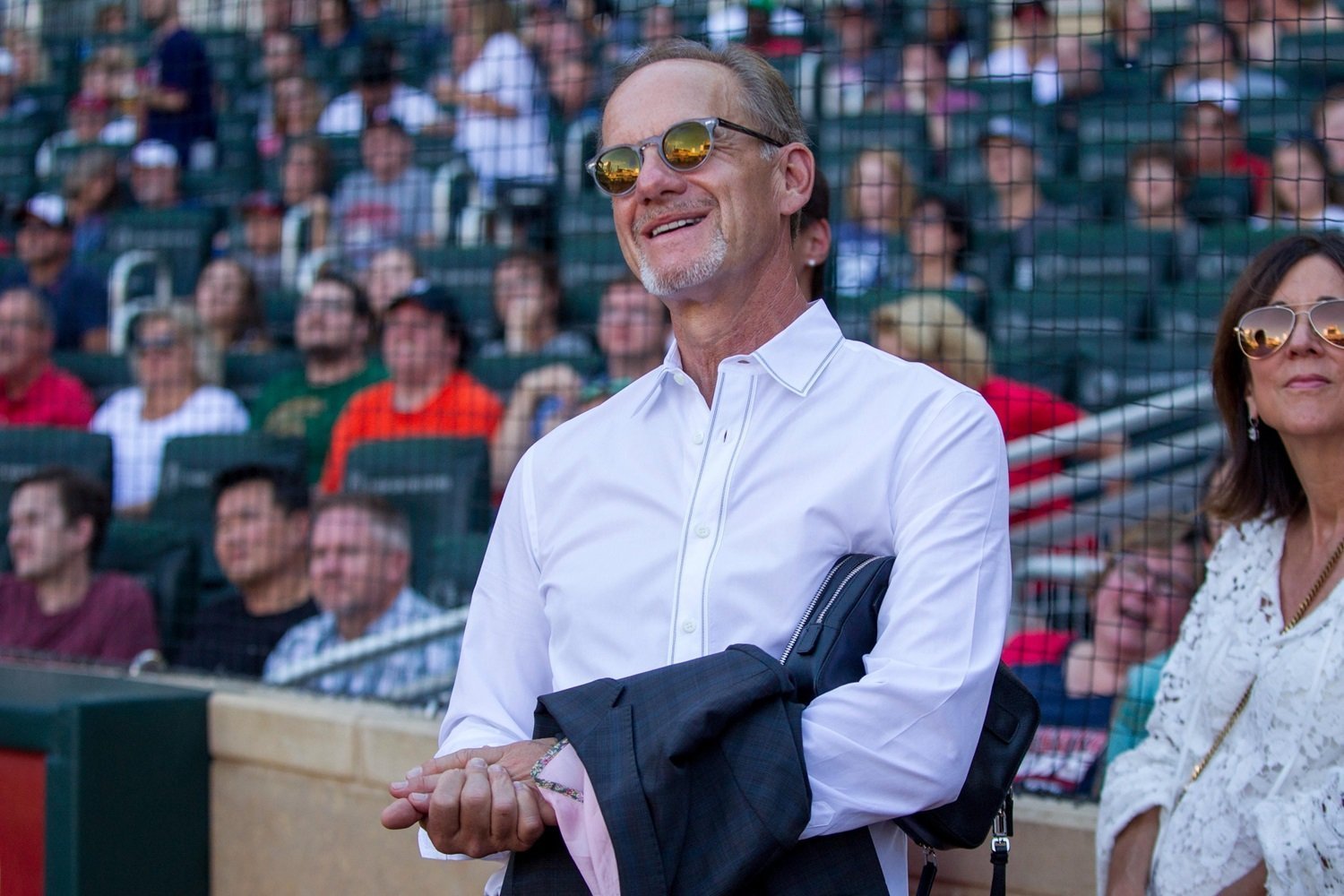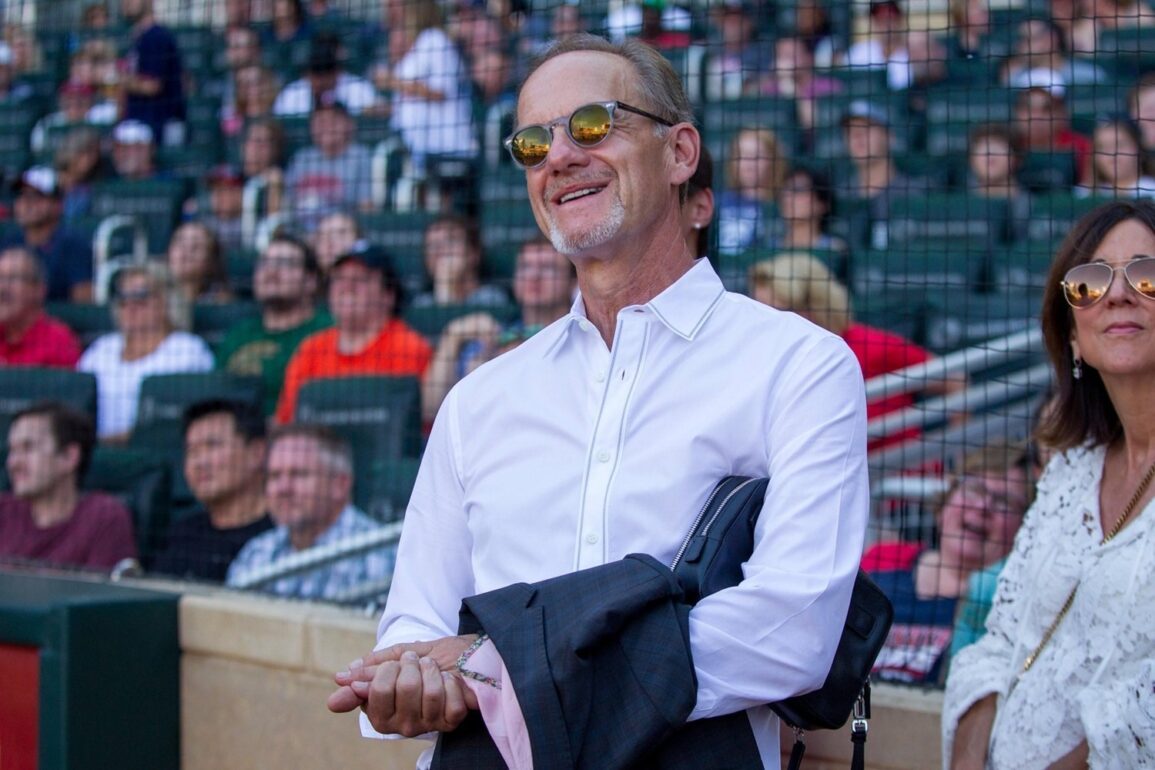
Twins Video
The Minnesota Twins’ ownership saga has taken an unexpected turn. Billionaire businessman Justin Ishbia, once a frontrunner to acquire the franchise, has withdrawn his bid to focus on increasing his stake in the Chicago White Sox. This development carries significant implications for the Twins’ future. Here are five key ramifications of Ishbia’s decision:
1. Prolonged Sale Process
Recently, the Pohlad family aimed to finalize the sale by Opening Day 2025. With Ishbia’s exit, the pool of known serious bidders has diminished, potentially extending the timeline. The process, which began in October 2024, might now stretch into mid-season or beyond as the team seeks a suitable buyer.
Earlier this winter, I wrote how the first half of 2025 might be the most pivotal point in Twins’ history. Part of the premise of that article was to have new ownership in place by the trade deadline so the Twins could be active buyers if the team is in contention. There is still a chance for new owners to be in place by that point, but they might not get a chance to impact the roster until 2026.
2. Potential Reassessment by the Pohlad Family
Ishbia’s withdrawal could prompt the Pohlad family to reconsider their decision to sell. Reports suggest they might even take the team off the market, mainly if a satisfactory offer doesn’t materialize. This uncertainty could impact the team’s strategic planning and operations.
Sportico values the Twins at $1.7 billion, and Forbes pegs the franchise value at $1.46 billion. The Pohlads only get one opportunity to sell the franchise and will want to capitalize on its value. However, few MLB teams have been put on the market, which could allow an unknown bidder to meet the team’s asking price. Fans are ready for new ownership, so the Pohlads keeping the team would be a disappointment.
3. Increased Uncertainty for Team Operations
Ownership transitions often bring changes in management and operational strategies. The delay in finalizing new ownership could lead to a period of uncertainty, affecting decision-making processes, player morale, and overall team performance. Will the team need to trade players to cut payroll? Can the club push the payroll higher at the trade deadline? Some questions won’t have easy answers.
Derek Falvey will be stepping into the dual role of baseball operations president and the franchise’s business side. There are no guarantees that the new owners will want to keep him in that role. Sometimes, ownership groups like having people they know at the organization’s top. There is value in keeping strong leadership in place, and that’s one of the reasons the Twins are promoting Falvey before the sale is finalized.
4. Financial Implications
The Twins reportedly sought offers around $1.8 billion, with $1.5 billion considered a more realistic expectation. Ishbia’s departure might influence the franchise’s market valuation, potentially leading to adjustments in the asking price or terms of sale.
Other bidders are aware that Ishibia is dropping out of the ownership race. Many considered him the frontrunner, so there is one fewer person to outbid for the new ownership. Those still interested in the Twins could try and submit a lower bid, but then there is the danger of being outbid or the Pohlads pulling the team off the market. Again, MLB teams are rarely for sale, so this is a once-in-a-lifetime opportunity.
5. Renewed Search for Potential Buyers
With Ishbia out of the picture, the Twins may need to identify and engage new potential buyers. This could involve reaching out to local business figures or exploring interest from other national or international investors, potentially reshaping the future ownership landscape of the franchise.
If the Twins honestly had a “robust market,” then there should be plenty of other groups interested in purchasing the team. If the Pohlads feel the bids are too low, perhaps they widen their search and look for other potential buyers. A renewed search likely stretches the timeline for new ownership until later this year.
As the situation evolves, the Twins’ leadership faces critical decisions shaping the organization’s trajectory in the coming years.
This post was originally published on this site be sure to check out more of their content.





